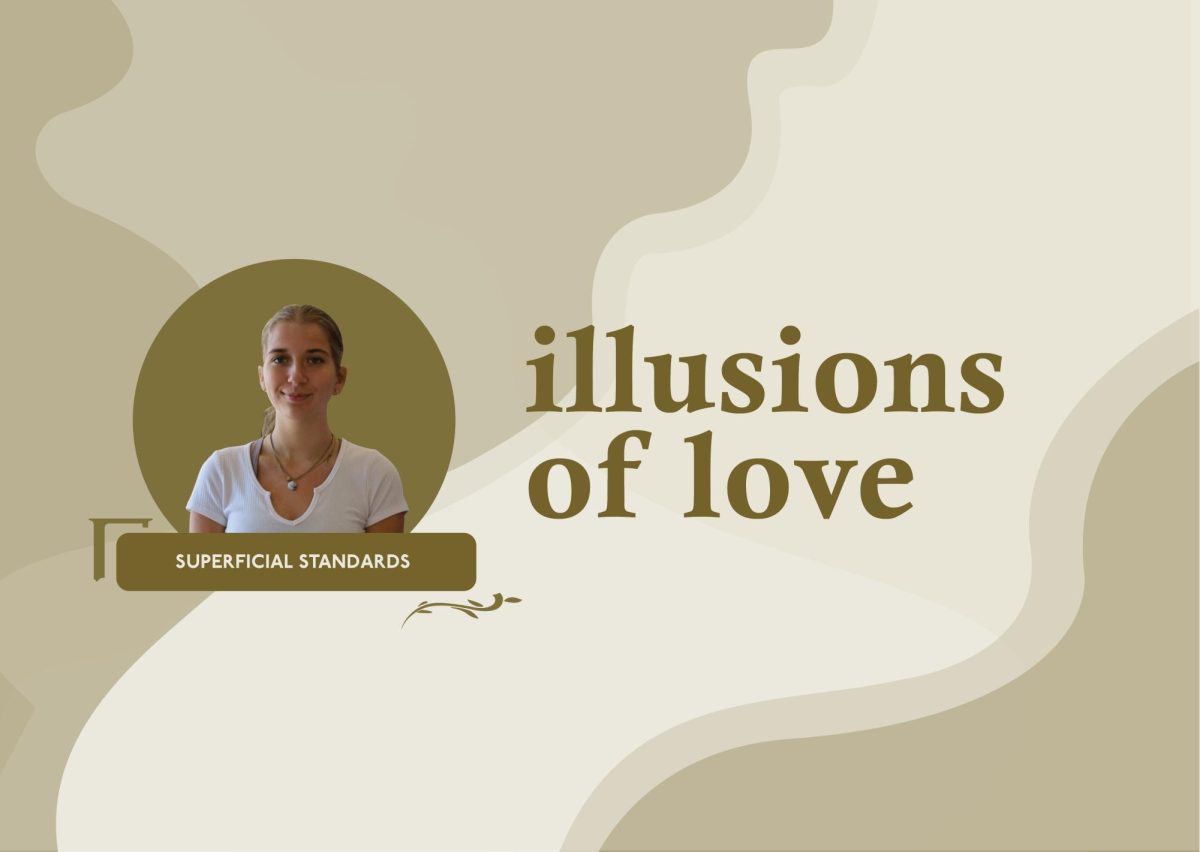From competitions to live romances, reality TV has taken over the country. According to a 2024 report by Statista, 33% of Americans who watch reality TV shows are between the ages of 18 and 29. With the rise of reality TV, specifically dating shows, its consequences for young viewers will continue to multiply. For many, reality TV is a guilty pleasure turned obsession. I admit that I’ve watched many episodes of reality dating shows like “Love is Blind,” but I can still recognize the complications they cause.
Dating shows are advertised as an opportunity to find your soulmate, some even using “experts” to form matches, but that comes with innate problems. For example, while some contestants have genuine intentions, others join the shows for poor reasons. Whether to promote themselves or gain fame, some contestants declare false claims of love to increase their screen time. What’s worse, even cast members with sincere hopes of love engage in staged romances. Without a show packed full of drama, many viewers would no longer watch, so producers stage interviews and edit the content to appear a certain way. Producers may even whisper instructions to cast members to manipulate the scene, creating more drama.
In the eyes of many, more drama means more entertainment, but I dislike this notion. Reality dating shows have the platform to showcase true, authentic love and all its ups and downs, yet that public demonstration of romance raises problems of its own.
Like romantic comedies, reality dating shows risk displaying unrealistic standards of love. Some cast members immediately move on to someone new if their original relationship wasn’t perfect. Rather than bond over honest conversations, contestants create new relationships, which encourages a lack of loyalty and pressures perfection. Also, most times the couples who absolutely should break up, don’t. With purposeful mixed and controversial matches, toxic pairings are bound to arise. Rather than separating like the barely imperfect couples do, they stay together as encouraged. This normalizes toxicity and manipulation in relationships, promoting unhealthy values. Additionally, cast members may attack another to gain fame from the show. This exploitation of emotions proves the illusion of finding love created by many dating shows.
The false love on dating shows is a dangerous concept that many young people buy into. While it is unlikely viewers will stop watching reality TV altogether, dating shows must be consumed with a grain of salt. Be cautious when admiring the scripted hearts seen on reality dating shows.


